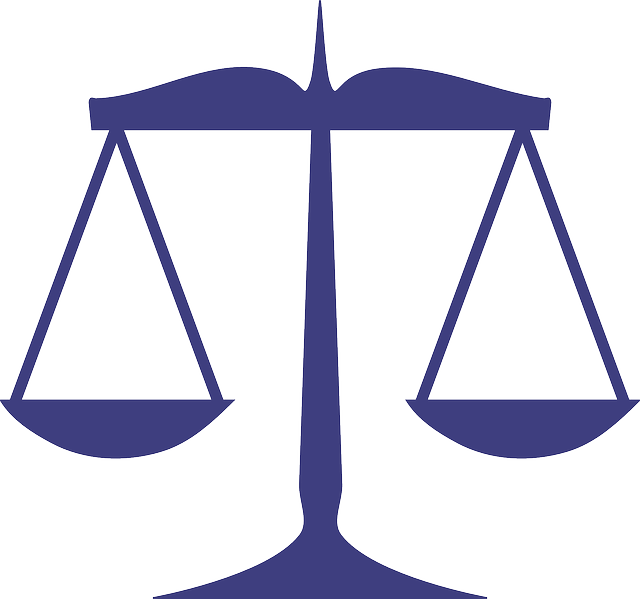The RF securities industry faces stringent regulations aimed at curbing fraud, enhancing transparency, and promoting ethical conduct, driven by historical famous class action lawsuits that led to substantial settlements and regulatory shifts. These rules combat risks like high-frequency trading and insider dealing, while technological innovations, such as blockchain integration, aim to further protect investors. Regulators prioritize preventing misconduct, mirroring the industry's commitment to fairness and accountability, as demonstrated by successful outcomes in notable legal cases.
The RF Securities industry, a cornerstone of global finance, operates under stringent regulations designed to safeguard investors and maintain market integrity. This article delves into the intricate web of these regulations, exploring their pivotal role in shaping fair trading practices. We trace historical landmarks through famous class action lawsuits that have left an indelible mark on industry standards. Furthermore, we analyze the implications for market participants and gaze into the future, anticipating ongoing regulatory evolution and its impact on this dynamic sector.
- The Role of Regulation in the RF Securities Industry
- Notable Class Action Lawsuits: A Historical Perspective
- Impact and Implications on Market Participants
- Future Trends and Continuous Regulatory Evolution
The Role of Regulation in the RF Securities Industry

The securities industry, particularly the Radio Frequency (RF) sector, is a high-stakes arena where regulation plays a pivotal role in maintaining fairness and protecting investors. Regulations are designed to safeguard against fraudulent activities, ensure market transparency, and promote ethical business practices within the RF Securities Industry. These rules are essential in mitigating risks associated with high-frequency trading, preventing insider trading, and ensuring that companies provide accurate and timely disclosures to their shareholders.
Regulation also fosters a level playing field for all participants, especially as the industry has witnessed some famous class action lawsuits in history. These legal battles have often been driven by instances of misconduct or negligence, leading to significant financial settlements and changes in regulatory landscapes. An unprecedented track record of successful high-stakes cases underscores the importance of robust regulations in the RF Securities Industry, shaping its future and safeguarding investors’ interests.
Notable Class Action Lawsuits: A Historical Perspective

Throughout history, famous class action lawsuits have played a pivotal role in shaping the securities industry landscape across the country. These legal battles not only protect corporate and individual clients but also ensure transparency and accountability within philanthropic and political communities. From the groundbreaking cases of the 1970s, such as Black v. Parker which established the right to sue for violations of federal securities laws, to more recent high-profile disputes, class action lawsuits have been a powerful tool for justice.
Notable examples like In re Intel Corp. Securities Litig. (2004) and Endis v. Basf SE (2018) highlight the global reach of these legal actions, with plaintiffs uniting across borders to challenge corporate misconduct. These historical perspectives underscore the enduring significance of class action lawsuits in holding powerful entities accountable, fostering trust in financial markets, and upholding the principles of fairness for all stakeholders.
Impact and Implications on Market Participants

The RF Securities Industry Regulation has far-reaching implications for market participants, particularly as it pertains to accountability and dispute resolution. When regulatory frameworks are stringent, it encourages transparency and fair practices among financial institutions and their clients. This, in turn, fosters trust and confidence within the market. However, it also heightens the risk of legal repercussions for negligence or fraudulent activities, leading to significant consequences for offenders.
Famous Class Action Lawsuits in History serve as cautionary tales for companies and investors alike. These lawsuits, often involving massive corporations, have reshaped corporate governance and prompted stricter adherence to regulatory norms. For instance, high-profile cases have compelled financial institutions to strengthen their internal controls and improve communication with both corporate and individual clients. Moreover, the threat of jury trials in general criminal defense scenarios underscores the importance of ethical conduct and meticulous record-keeping within the securities industry.
Future Trends and Continuous Regulatory Evolution

The securities industry is constantly evolving, shaped by technological advancements and shifting market dynamics. As we move forward, several emerging trends are poised to redefine RF (Regulatory Framework) guidelines. One notable area of focus is the integration of blockchain technology, which promises enhanced transparency and security in trading systems. This shift could lead to more efficient regulatory processes and better protection for both corporate and individual clients.
Moreover, the industry’s history is adorned with famous class action lawsuits that have left an indelible mark on regulatory practices. These high-profile cases have often driven significant changes in legislation, ensuring that companies maintain stringent ethical standards. Given the unprecedented track record of these suits, regulators are increasingly adopting proactive measures to prevent misconduct, with a particular emphasis on winning challenging defense verdicts. This continuous regulatory evolution underscores the industry’s commitment to fairness and accountability, adapting to modern challenges while safeguarding investors’ interests.
The regulation of the RF Securities Industry has evolved significantly over time, driven by notable class action lawsuits that have shaped market practices. These historical cases highlight the importance of robust oversight in ensuring fairness and transparency. As the industry continues to adapt to changing landscapes, future regulatory trends will need to address emerging challenges and technological advancements to maintain investor confidence. By learning from both past successes and failures, regulators can foster a more resilient and equitable RF Securities environment, building upon the lessons from famous class action lawsuits in history.






